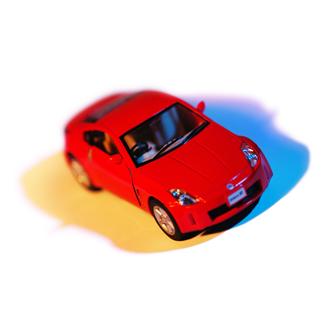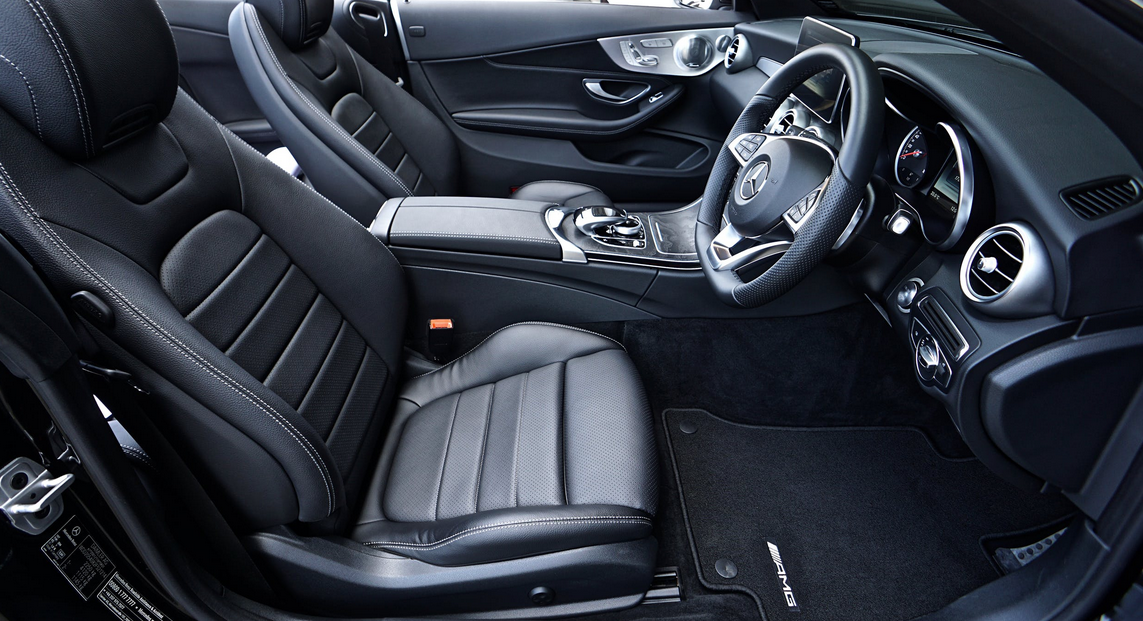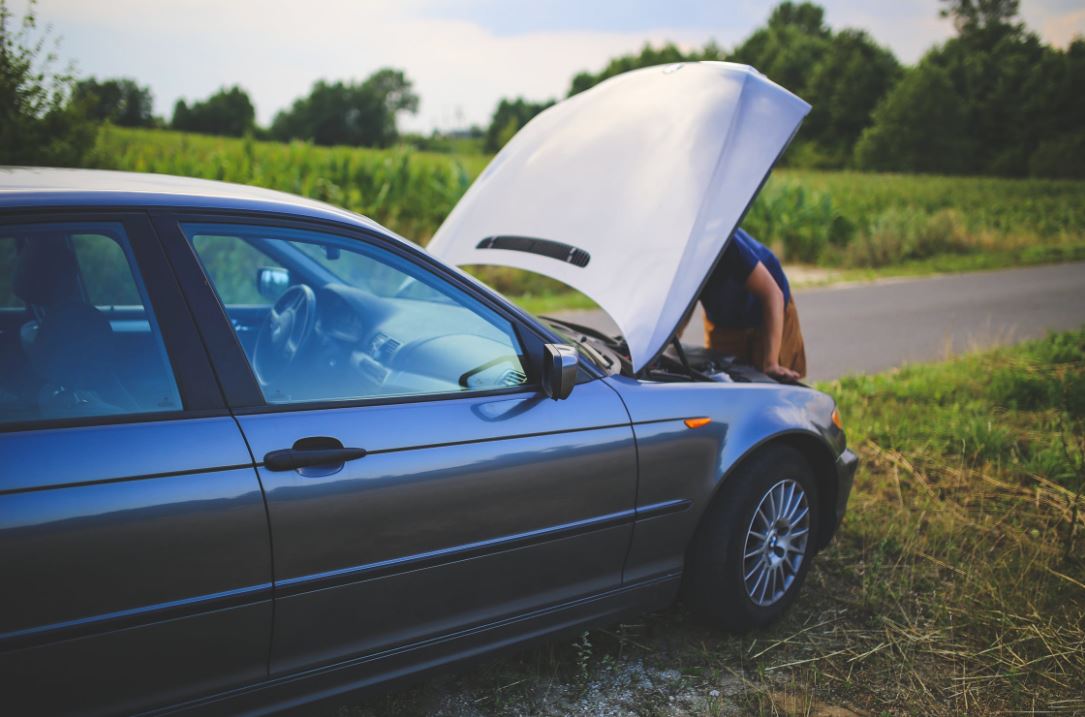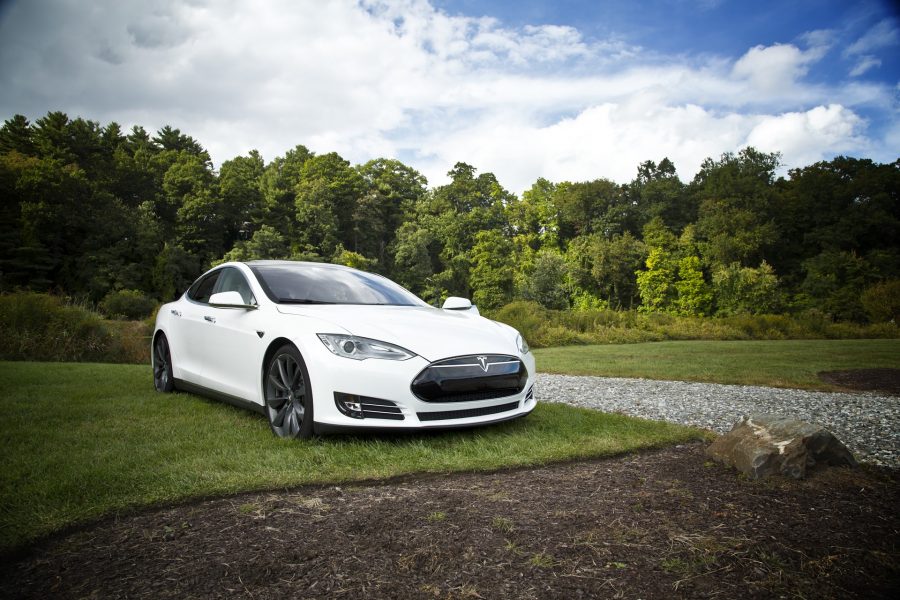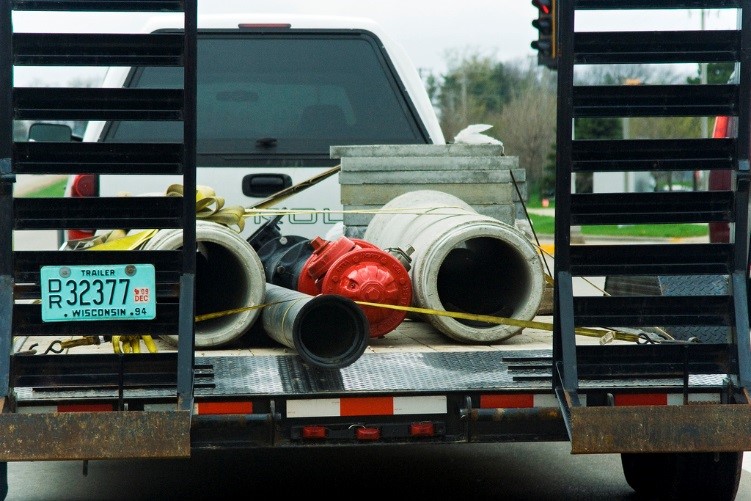Most of us take car ownership for granted. Modern families usually have at least one car; some have two or even three sat in the driveway at any given time. Cars are used to ferry the kids to school, take us to work, and as transportation for the annual family getaway to the seaside.
But is a car an essential part of modern life, or is it possible to do without a car for the majority of the time?
The Cost of Car Ownership
There is no doubt that running a car is an expensive business. It isn’t just about the cost of fuel—which is astronomical these days—it is also about the other costs associated with car ownership, including:
- Road tax
- Insurance
- MOT
- General maintenance
You might get away with forgoing the car maintenance, but failing to tax your car, insure it or have a current MOT certificate will end up costing you a whole lot more in the long run.
And if you have taken out a loan to buy your car, you must also factor in the monthly loan repayments, which could be fairly steep if you took the decision to buy a top of the range Audi or similar.
What are the Alternatives to Car Ownership?
- Leasing – car leasing is fairly common in the business sector, but it is also becoming an increasingly popular way to enjoy use of a car in the private sector. On the plus side, you can enjoy driving around in a brand new car with no running costs other than insurance and fuel.
On the downside, the car may be subject to mileage restrictions and you never actually own the car, so it is essentially dead money.
- Hiring a Car – if you only need use of a car occasionally, hiring a car might be the perfect solution. Hire cars come in all shapes and sizes, so you can hire a car to suit your budget. You can book a car for a day, a weekend, or longer. The choice is yours. Unless you damage the car, the only extra cost incurred will be the fuel.
- Public Transport – using public transport is a viable solution if you live in a city. Here buses, trains, tubes and the like are frequent and cover most areas. But public transport is rarely very practical when you live in a rural area since buses tend to be few and far between.
- Pedal Power – you could potentially use a push bike to get from A to B, but if you work a long way from home, this might not work, especially during the winter.
However, grants are available under the ‘Cycle to Work’ scheme, which allow workers to purchase bikes tax-free, so don’t dismiss the idea of cycling to work if you want to save money and you need to lose a few pounds.
The Verdict
Living without a car is possible as long as you have access to alternative modes of transport. However, if you have young children and you live in a semi-rural area, a car is usually essential, so you may not be able to get rid of your gas guzzling family hatchback just yet.
Nick Miller is an expert in all things car related. When checking out the latest in car hire, Nick visits 121carrental.com.
